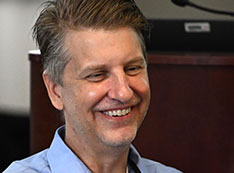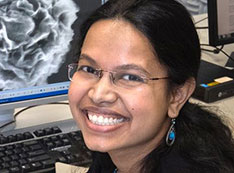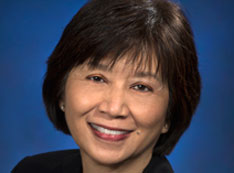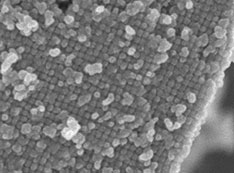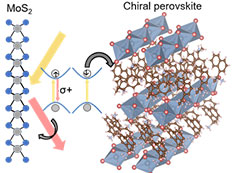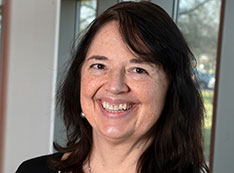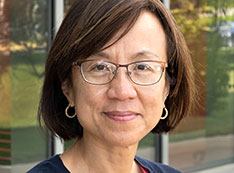A Message from Chuck Black
insights from the CFN Director
January 30, 2024
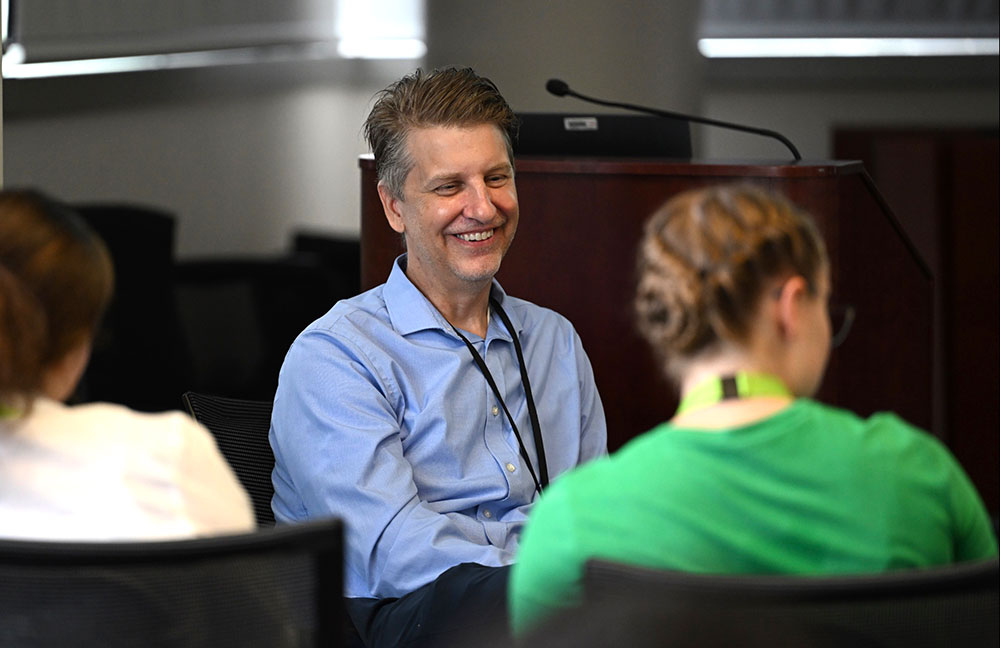
Chuck Black
The holidays are an excellent opportunity to briefly pause our busy lives, taking a bit of time to reflect on our journeys in the year just completed. While 2023 seemed to pass by in a flash, when I recall all the events and achievements, I find myself nodding and smiling, thinking, "Yes, a year seems about right."
I'm filled with pride for the remarkable accomplishments of the CFN staff and users this year. We supported our most number of users ever (655!) and made substantial strides in our research projects, with notable advances in areas of national importance: clean energy, quantum information science (QIS), and artificial intelligence/machine learning (AI/ML).
There's another source of pride from 2023 that we can all feel good about. Last year, around this time, we committed to reconnecting with each other. Because, last year, while we were feeling good about our research progress, we nevertheless sensed that something crucial was missing from the CFN. We had become too used to working alone, attending meetings and seminars virtually instead of in person, and skipping our coffee breaks and other opportunities to see colleagues.
And so, recapturing the unique CFN culture became our shared aspiration for this year. And we intentionally worked at it:
We made a point to eat our lunches together in the seminar room.
Our coffee breaks became collaborative efforts, with groups taking turns bringing and sharing their favorite snacks — and adding their own flair.
We held technical workshops and hosted more visits from collaborators and colloquium speakers.
And we hosted our first in-person Summer Sunday event for the general public since 2019, when, despite stormy summer weather, we welcomed nearly 1,000 visitors.
Our effort this year is a timely reminder that organizations don’t possess distinctive cultures on their own. They need the actions of dedicated people, past and present, who belong to them. And those of us working in the CFN today owe our thanks to the many people before us who have contributed to creating the CFN culture we hold dear.
I'd like to emphasize our gratitude to one exceptional person in particular: Professor Rick Osgood from Columbia University. During his pivotal time as a Brookhaven associate lab director during the early 2000s, Rick was instrumental in ensuring that the CFN was established here at Brookhaven Lab, instead of somewhere else. He advocated a compelling vision that ultimately led to the construction of the CFN and its transition to operations in 2008.
And once the CFN facility began operating, Rick and his research group from Columbia were daily fixtures here, standing out as some of our earliest and most cherished users. But Rick wasn't only a CFN user; he was our biggest fan, passionately cheering our successes and championing our collaborative scientific model.
Sadly, Rick passed away this past fall. Although sick for years, he never talked about his illness, instead choosing to discuss his preferred topics: science, people, and his optimistic view of the future. Rick's remarkable life is a tapestry woven with accomplishments and wonder. We will miss him.
How can we honor and respect the work of Rick and so many others whose efforts helped create the unique CFN research environment that current staff and users experience every day? How can we thank them for their roles in creating this empowering place, where we can chase our research aspirations and enjoy the privilege of working together and serving others?
I think the best tribute we can offer is to “carry the ball,” so to speak. Because it's our turn to guide the future of the CFN. Our actions determine what future users and staff will experience here. So, let's do our part, both by working together to conduct our best research and by actively preserving the uniqueness of our CFN culture. We can honor their efforts by working as hard as we possibly can.
— Charles Black
Director and Senior Scientist
Center for Functional Nanomaterials
Brookhaven National Laboratory
2024-21700 | INT/EXT | Newsroom




